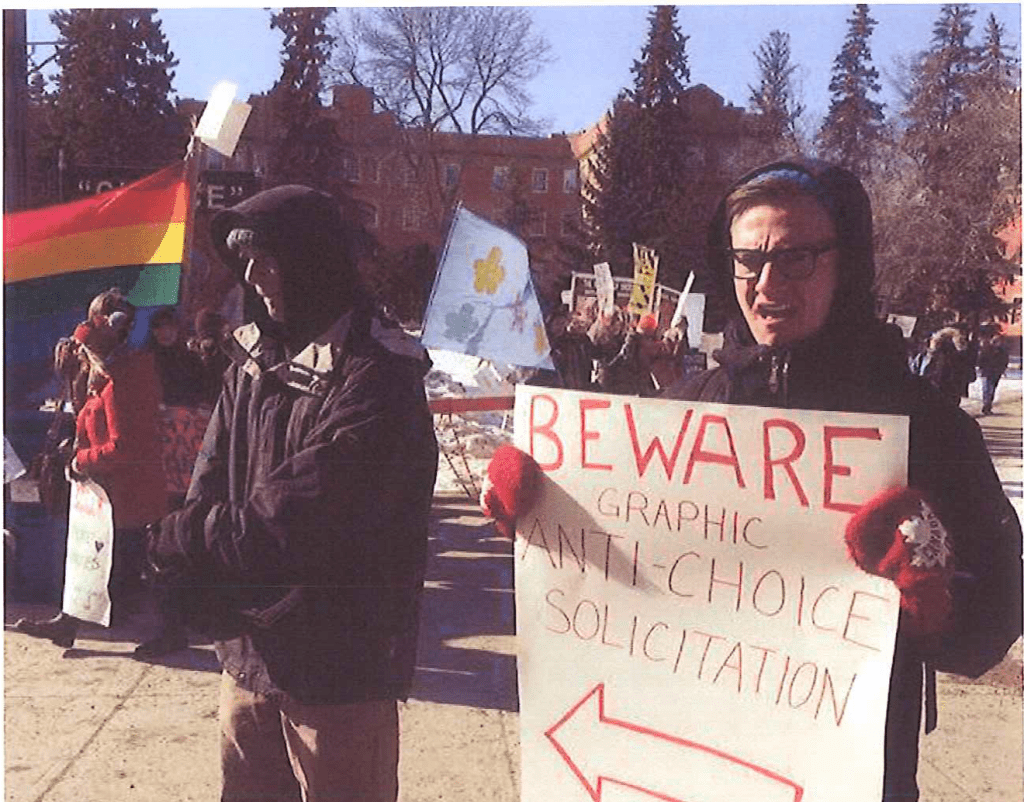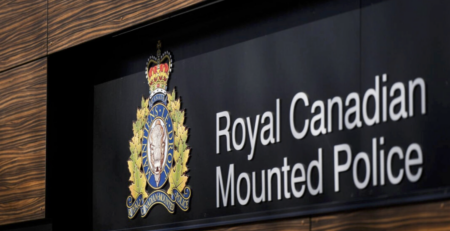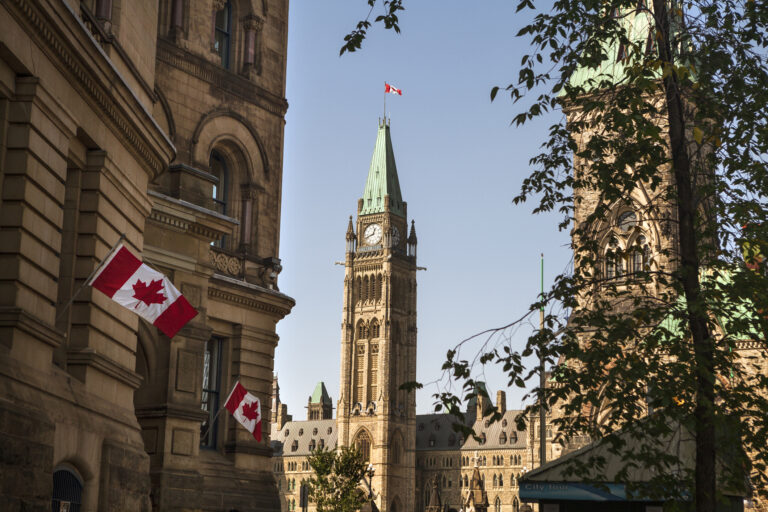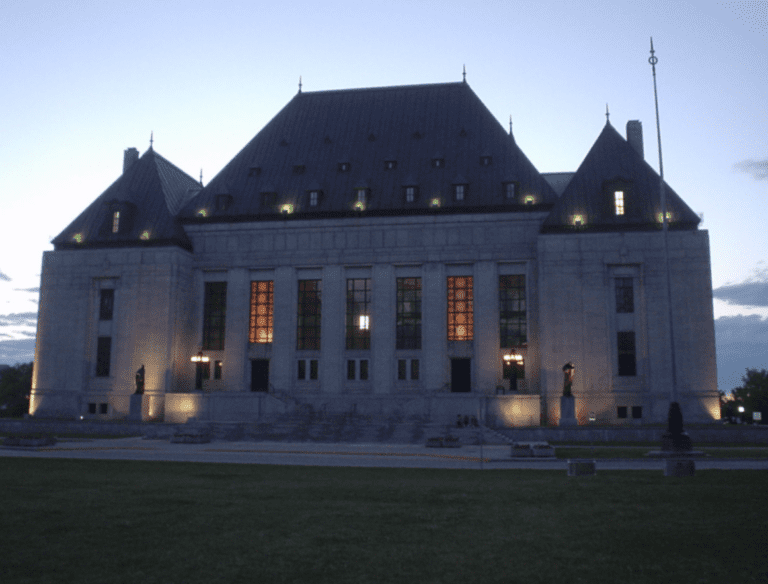Edmonton: The Justice Centre for Constitutional Freedoms (JCCF.ca) will appear before the Court of Queen’s Bench in Edmonton today and tomorrow on behalf of Amberlee Nicol, Cameron Wilson, and the student club UAlberta Pro-Life. Their court application challenges the University of Alberta decision to impose a $17,500 “security fee” as a condition for the campus club to set up a stationary display on campus. This court application, UAlberta Pro-Life v. University of Alberta, also challenges the University’s decision to condone violations of the Code of Student Behaviour directed against the pro-life club in March of 2015.
The hearing will begin on Thursday June 8 at 10:00 a.m. at the Edmonton Court of Queen’s Bench, 1A Sir Winston Churchill Square. The hearing will likely run through to about 4:00 p.m., Thursday, and will reconvene at 10:00 a.m. on Friday, June 9. This hearing is open to the public.
Background
The Court is being asked to overturn two University of Alberta decisions.
The first decision concerns the University’s choice to condone violations of the Code of Student Behaviour by students who, in March of 2015, physically obstructed and blockaded a display on campus that was authorized by the University. In its filed Brief, the University argues that a loud, unruly, physically disruptive mob should be entitled to shut down campus events, as long as the mob is non-violent. The U of A is defending its decision not to discipline any of the students who blockaded the display. The Code of Student Behaviour expressly prohibits disruption, obstruction and inappropriate behaviour. The Code states that its purpose is upholding the freedom to speak, study, learn, write and publish, in the pursuit of truth. The Code states that for these freedoms to exist, “it is essential to maintain an atmosphere in which the safety, the security, and the inherent dignity of each member of the community are recognized.”
The U of A maintains that students who physically obstructed a stationary display with sheets and banners, making it nearly impossible for a campus club to express its opinions, were legitimately exercising their own freedom of expression. However, in March of 2015, campus security repeatedly told the blockaders that they were violating the Code. Further, then-president Indira Samarasekera issued a public statement that the suppression of unpopular views would not be tolerated.
The U of A argues that freedom of expression encompasses all behaviour short of violence. But the University’s own Code bans not only violence, but inappropriate behaviour, such as disrupting classes and obstructing university-related functions. The Code serves to curtail “behaviours which if left unchecked would, to an unacceptable degree, infringe upon the freedoms described above and thus threaten the proper functioning of the University.”
The second decision being challenged by the students is the University’s demand that the students pay a $17,500 security fee if the students want to set up a display again in the future.
“The University is effectively censoring students who wish to convey peacefully a controversial message that no person is required to accept or agree with. Yet nothing stops the University from demanding $17,500 from the blockaders, whose behaviour and identities are well known to campus security, and who boasted publicly on social media about their success in silencing their opponents’ expression,” stated Calgary lawyer John Carpay, president of the Justice Centre.
“Rather than enforcing the Code’s provisions against physically obstructing campus events, the University blames the victims of this misconduct,” continued Carpay.
Further background information about this case, including all court documents, is available at jccfold.wpenginepowered.com.









